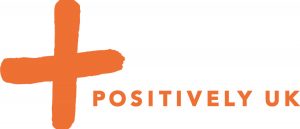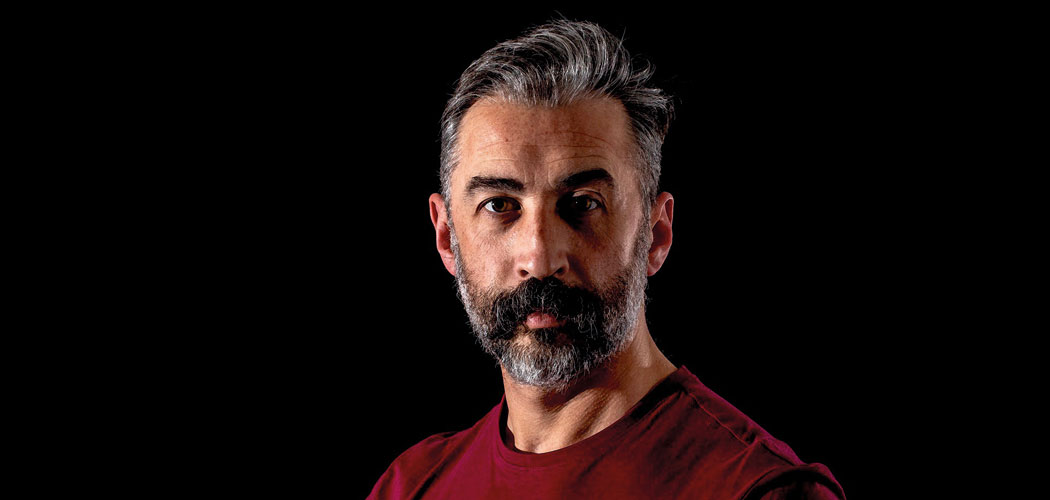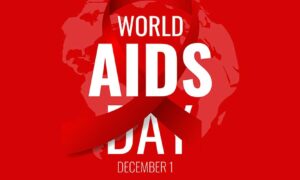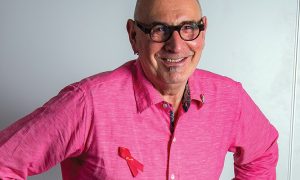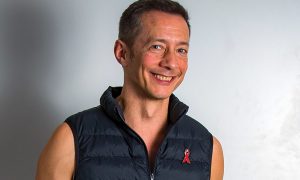Positively UK Gay Men’s Project Lead Chris O’Hanlon talks to Boyz about something many of our readers will identify with… loneliness, and asks “You OK Hun?”.
Loneliness. It’s an issue that has become one of the biggest health concerns of the 21st century, accounting for an increased mortality risk, second only to that of smoking. Recent studies into social isolation have revealed that those without adequate social interaction are twice as likely to die prematurely.
However, being alone and being lonely are two different creatures. Loneliness can feel draining, distracting, and upsetting, whereas desired solitude can be restorative and peaceful. For many of the LGBT+ community, in a world of social platforms showcasing how “perfect” the lives of so many are, loneliness has become debilitating and for gay men living with HIV this presents an additional concern.
While social media platforms like Instagram and Facebook, along with a wide range of gay ‘dating’ apps have sought to improve our connectivity, their creation has also led to an ever-growing number of men feeling disconnected and isolated. Our ‘Fear-Of-Missing-Out’ (FOMO) adds to a growing pressure to be socially connected, with platforms supporting self-loathing and community in equal measure.
After I received my HIV diagnosis, I really struggled and felt very isolated. At the time, I felt I couldn’t talk about my condition. For me the self-stigma and actual stigma around HIV was too great and I sank into feeling increasingly isolated and alone. Would anyone want to associate with me? Would any guy ever touch me again? While I watched the world around me continuing to enjoy life, love and family, I felt cut off and disconnected. I soon learned that the mental and emotional pain I experienced was, for me, the realisation that I was missing the supportive framework I so longed for.
Throughout my life, I have always been strengthened by my family and close friends yet had cut myself off through the fear of being open about my HIV. Having peer support at this time was a vital component in learning acceptance and self-empowerment and having a weekly session, where I could speak to someone with HIV gave me a chance to see that this wasn’t the end.
In my role at Positively UK, I am privileged to support people in addressing this growing lifestyle issue. Recently I spoke with someone who attended one of our GayTalk sessions: “I feel lonely most days. I struggle with social anxiety hugely. There really isn’t a moment where I am not online, but on apps guys just want to fuck and aren’t looking for mates. Most days, I get in from work and living alone makes finding a connection difficult. I’ve never been a clubber and I don’t have the confidence to just walk up to someone in a bar. I’m HIV positive and undetectable and while I manage my diagnosis well, I still deal with a lot of ignorance and stigma online. The loneliness can be overwhelming and as I’ve got older, I feel this even more.” (Danny, 43, London.)
Since the late 1990s, HIV treatment has advanced and resulted in an ever-increasing population of gay men who are now aging. However, men who live longer with HIV face added challenges (co-morbidities), psychological and social factors relating to their HIV diagnosis. Correlations between depression, loneliness, health, and HIV/AIDS-related stigma have been studied, but there is little evaluation of these associations among HIV-positive adults over the age of 50.
The landscape of how gay men meet continues to evolve. While loneliness is overwhelming for many on and off the scene, our overwhelming need for connection is paramount. Having positive social interactions helps to develop our psychological well-being and creates a gateway towards understanding intimacy, something which many gay men find difficult and may try to address by seeking frequent sex online.
There are many avenues in addressing social isolation. Joining clubs through platforms such as meetup.com or sporting groups that meet regularly can be a good start. It’s much easier to make friends on a regular basis, rather than one off in a gay bar. Meet Up groups are often a great first start in helping you to break the cycle and find a new hobby that can help to enrich your life.
Becoming closer with acquaintances can also make it easier to reach out to people you already know. This often takes less effort and can deepen a connection in less time. For gay and MSM (Men who have Sex with Men) who experience issues with substance use, developing a non-judgmental and supportive network of people can help to improve psychological well-being. In the short term, while using might make you feel instantly more confident, in the long run, it has the potential to make you lonelier and more isolated. Seeking practical support through organisations such as London Friend (londonfriend.org.uk) or Release (release.org.uk) can lead to greater connections.
As an organisation, Positively UK support the gay and MSM community by improving connection, providing information with an aim to increase confidence. Our aim is to help improve the well-being of gay men by addressing social isolation through our monthly GayTalk sessions, featuring discussions and forums. Our monthly cinema and drinks evenings help to reduce social isolation, while our workshops for mindfulness and mental health awareness, allow men to explore different approaches in a safe space.
So, if you’re feeling lonely, remember there are many changes and improvements that you can make. Making smaller changes are often more sustainable. Remember, a stranger is a friend you haven’t met yet. If you are living with HIV and need advice or support, then get in touch with us at positivelyuk.org – and remember that you’re not alone.
Name and details changed to protect confidentiality.
For information, support and advice please visit positivelyuk.org
